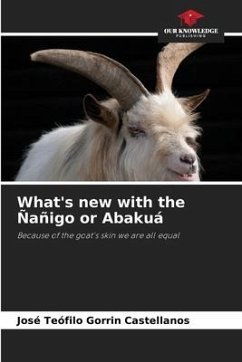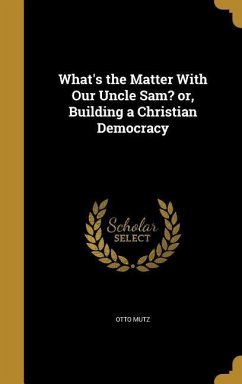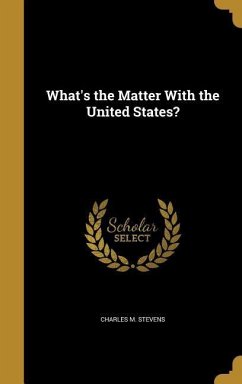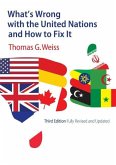The figure of the Abakuá or the one also known as ñáñigo, has been a long-standing character in Havana's andurrial. From all proposed to the roundup, by the hand of the colonial authorities, and then by those of the quasi-republic, which failed to reduce it, much less disappear it. Afro-descendant in majority, managed to survive in the mystery and subuse of secret societies. Today they deserve recognition in time; so its traditional historiography requires an objective review; to add that he has assumed his afromistic dependence as definitive and almost unique; and we do not take for granted the contribution and Creole cultural transfer, of wide range and nuances; much profane, but promoted and carried out in its neat and rich socio-cultural seat in the Havana neighborhood. As were those first generations, more than two centuries ago, of initiates. Reconstructing history requires tracing stages where reminiscences remain; those that, because they are disastrous, eliminate them, and incorporate new appreciations for an objective historiography, attached to the facts, ...in fact, very scarce.
Bitte wählen Sie Ihr Anliegen aus.
Rechnungen
Retourenschein anfordern
Bestellstatus
Storno








